By David and Constantino Khalaf
We’ll just come out and say it: our sex life has been bad lately. In our second year of marriage, we’ve seen a drop in both the quality and quantity of sex we’re having.
One reason is obvious and pretty easy to talk about. We’ve been dealing with a lot of external stress, mostly from work. As sexologist and couples therapist Maj Wismann writes, “Stress and sex drive do not mix. You simply cannot have a head full of 120 worries while also having great sex.”
The other reason is more difficult for us to discuss. The change in routine and eating habits that come with marriage have led Constantino to become less active. He’s been working out much less than he did when he was single, and it shows. We know we’re not alone in this—jokes about “dad bods” and people letting themselves go after marriage abound.
David has resisted expressing that his attraction has waned, fearing that Constantino will interpret it as rejection. Constantino, however, may be the more frustrated one. The gym used to be one of his sanctuaries, a place where he could physically and mentally recharge, and he has been missing that outlet. For months we ignored the issue, and the distance between us only grew larger. Like so many couples, we’ve struggled with how to talk about sex.
sex is not the foundation of a good marriage. In fact, according to research by sex educators Barry and Emily McCarthy of American University in Washington, D.C., happy couples attribute only 15 to 20 percent of their happiness to a good sex life. However, bad sex can feel like a curse, especially when the foundation of a marriage has already begun to crack. The same study found that disgruntled partners said bad sex accounted for 50 to 70 percent of their problems.
The disparity makes sense when you think about it.
Happy couples see sex as only one of many factors influencing the success of their relationship. They have built a Sound Relationship House and are reaping the rewards. They have well-developed Love Maps, they admire each other and nurture that fondness, and—perhaps most important when it comes to sex—they have developed a habit of turning toward each other instead of away.
Unhappy couples, on the other hand, have lost touch with each other. The GPS on their Love Maps is out of whack. Contempt and defensiveness creep in, causing them to turn away from each other. With that foundation gone, it’s no wonder people lose perspective of what really matters.
sex is one of the first things to suffer in a crumbling relationship because it is where we are at our most vulnerable. Desire evaporates when we no longer feel a connection. And this becomes an easy, glaring thing to blame.
Compounding the problem is the fact that we live in a culture where sex is still taboo. Fifty years after the sexual revolution of the 1960s, our culture still talks about sex in either crude, adolescent tones or clinical, scientific jargon. And that’s if we talk about it at all.
This unhealthy approach to sexual conversations seems to be the great equalizer. It afflicts all political persuasions, socials classes, and sexualities. Socially conservative people are embarrassed to admit they ever have sex, and socially progressive people are embarrassed to admit that they might not be enjoying it.
Within the context of a marriage, our resistance to discussing sex is symptomatic of a larger problem: a lack of safety and intimacy. This is where the other elements of a solid relationship become crucial.
sex requires vulnerability and honest communication. For this to work, both partners must feel safe to voice their insecurities, needs, and wants. Safety is built by turning toward each other, listening to one another, and providing affection. That’s what we’ve been trying to do lately.
We’ve been trying to have honest conversations about our feelings and our fears, not to change each other but to grow closer regardless of the state of our sex life. It has made a world of difference.
We won’t pretend we’re out of the woods yet. But at least we’re committed to talking about this safely and openly, and we can say with confidence that the sexual rut we’re in doesn’t define us or make us fear for the future of our relationship. That alone has gone a long way in rekindling our intimacy.
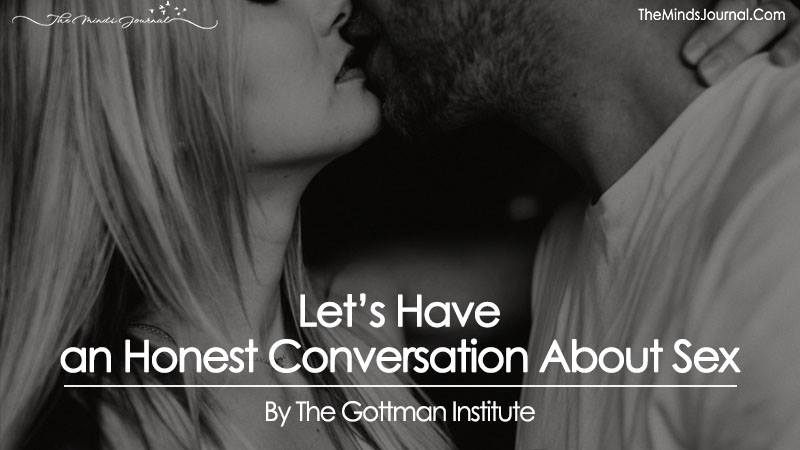
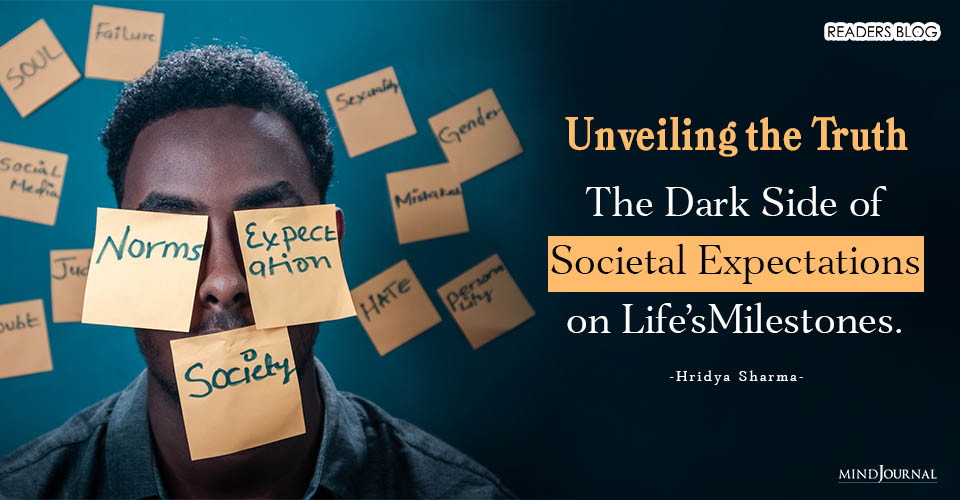
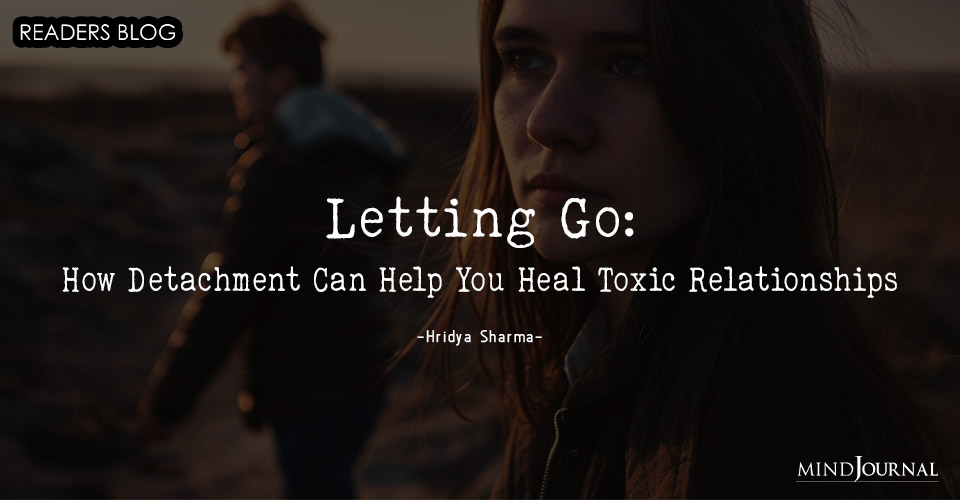
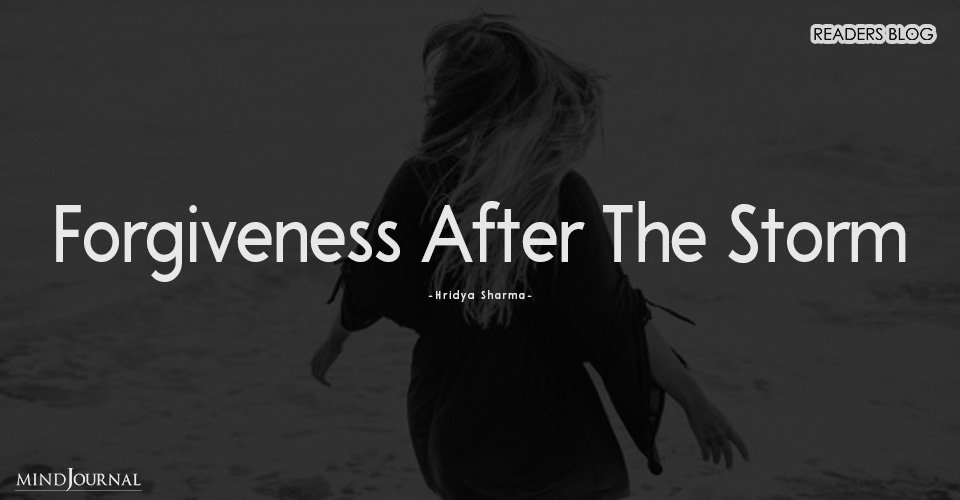
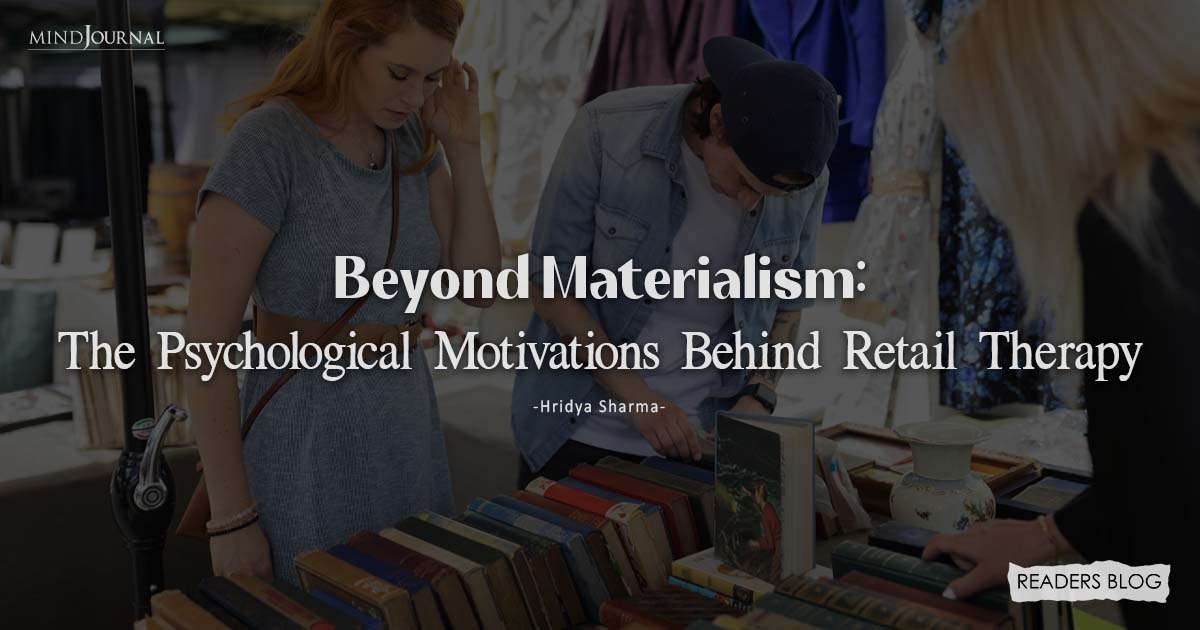
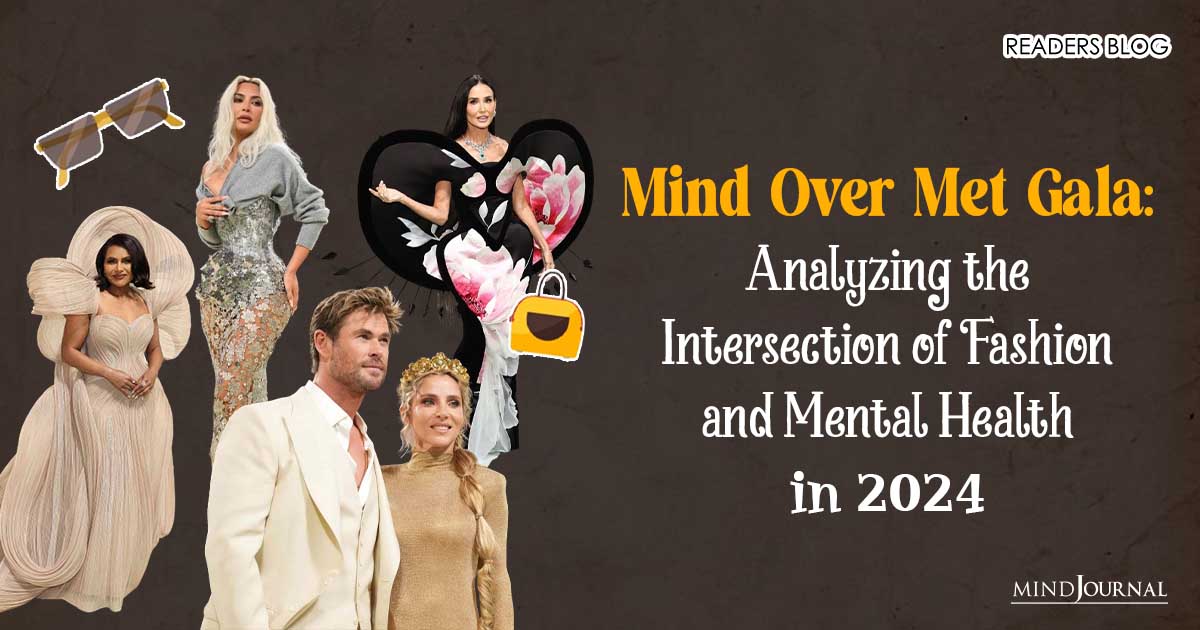
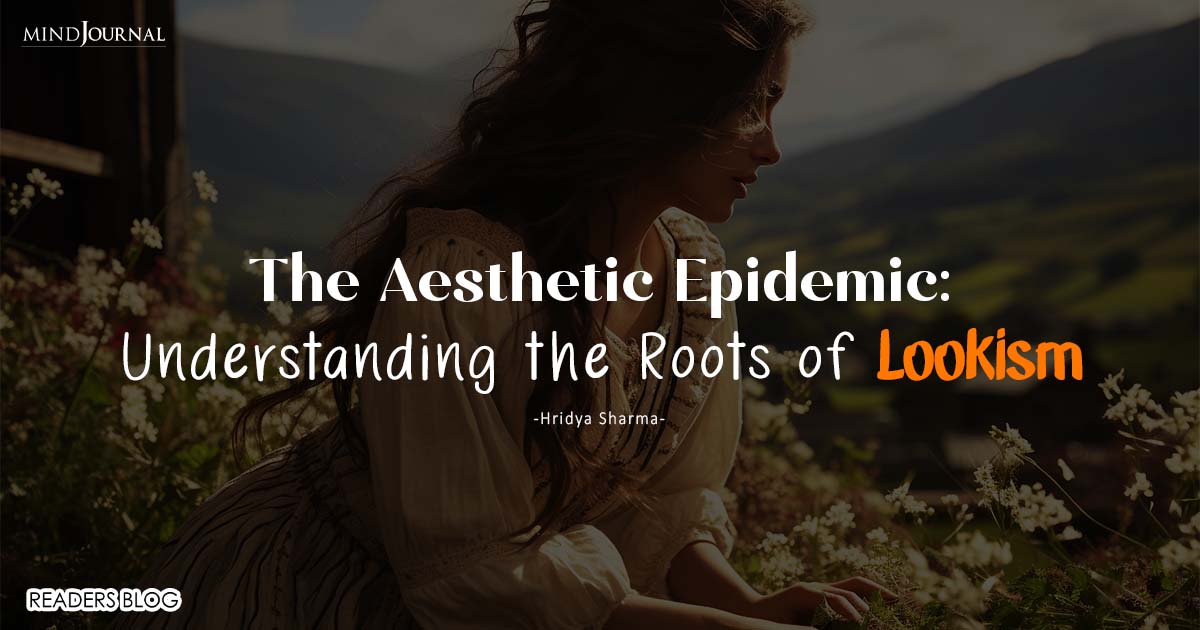
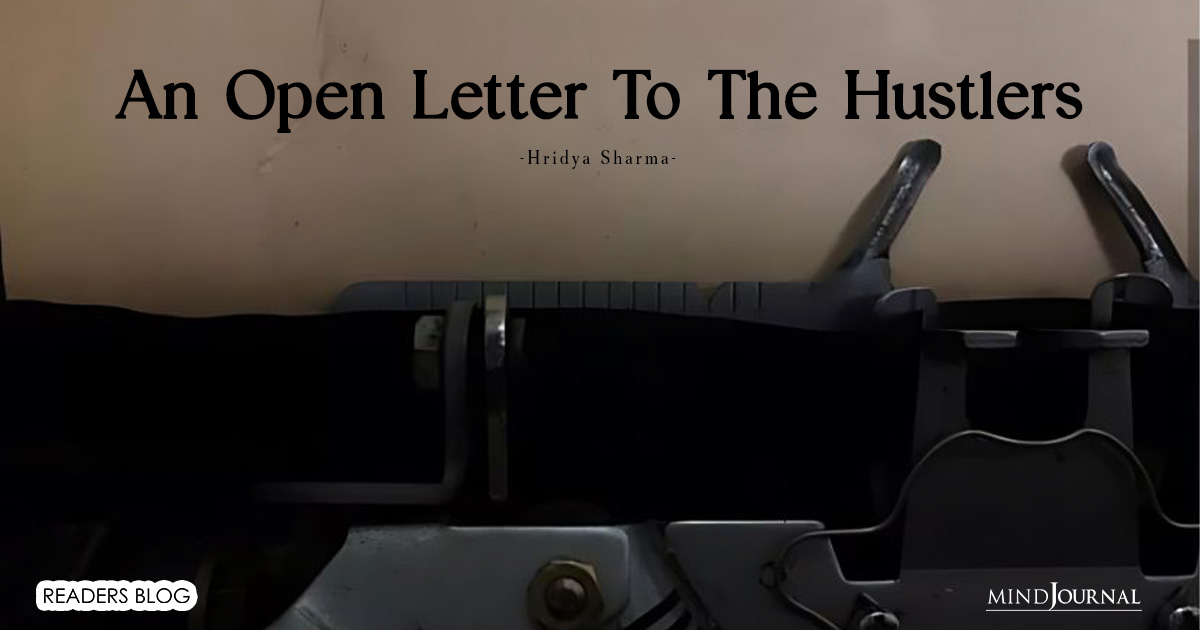
Leave a Reply
You must be logged in to post a comment.